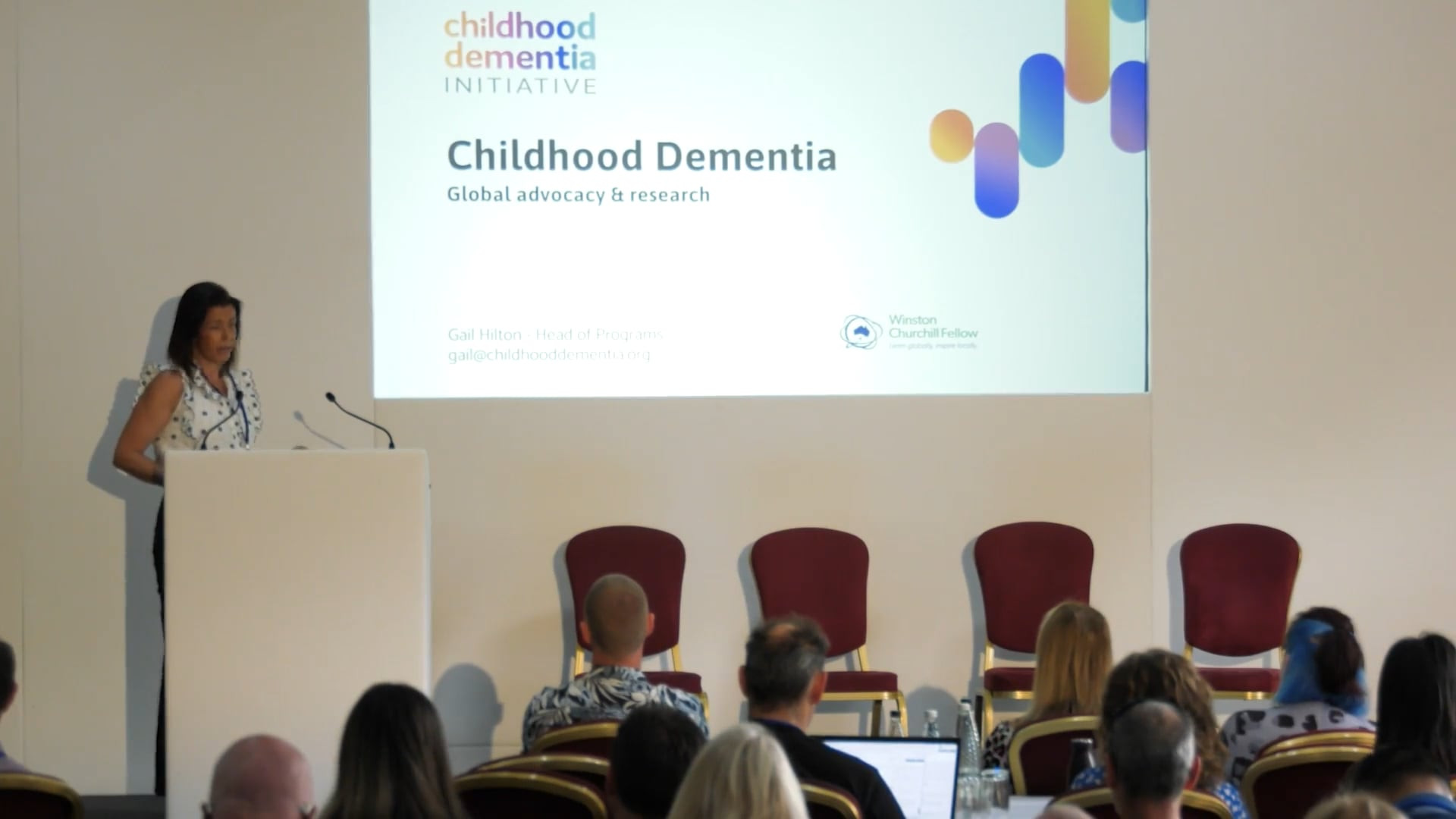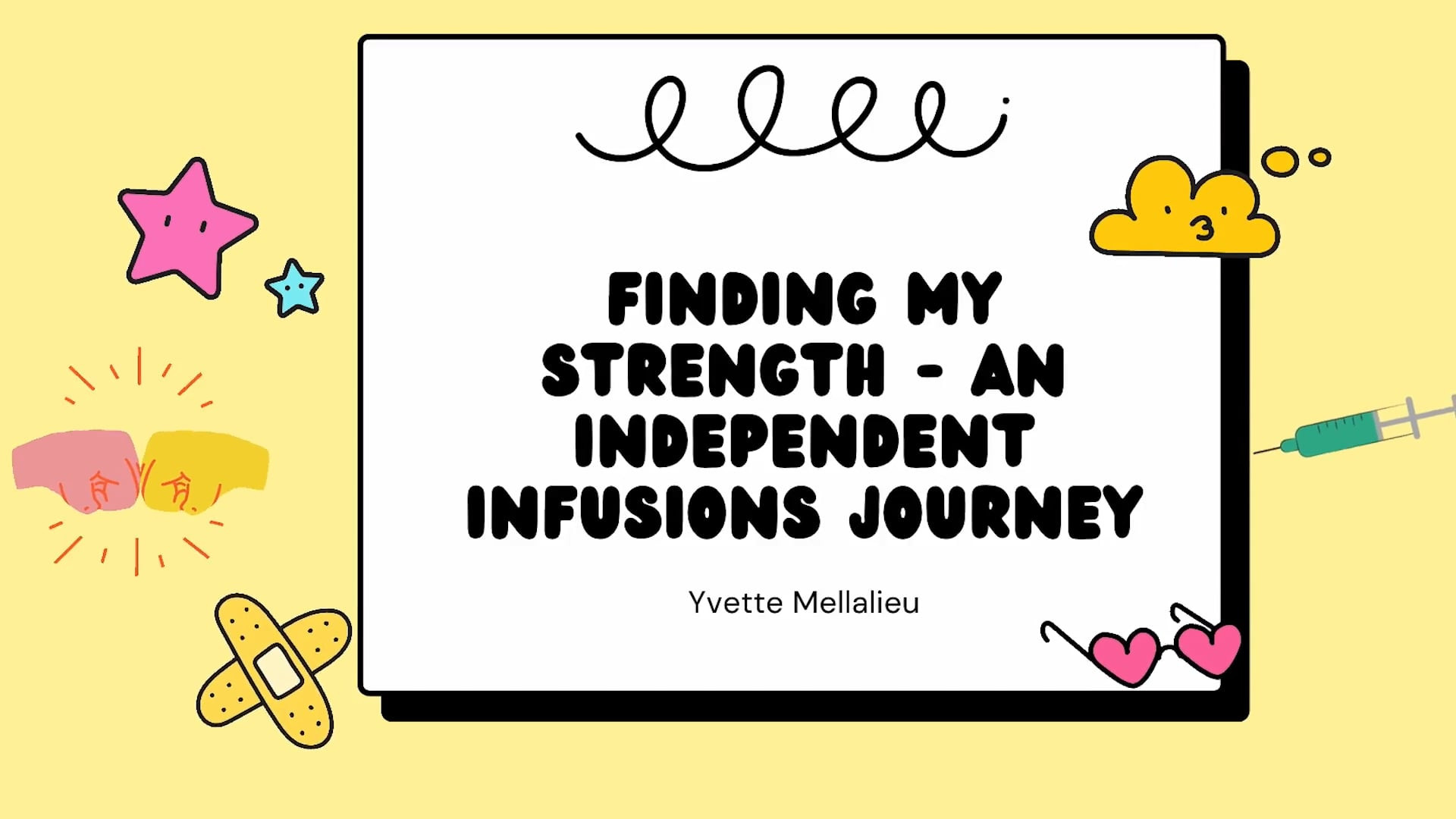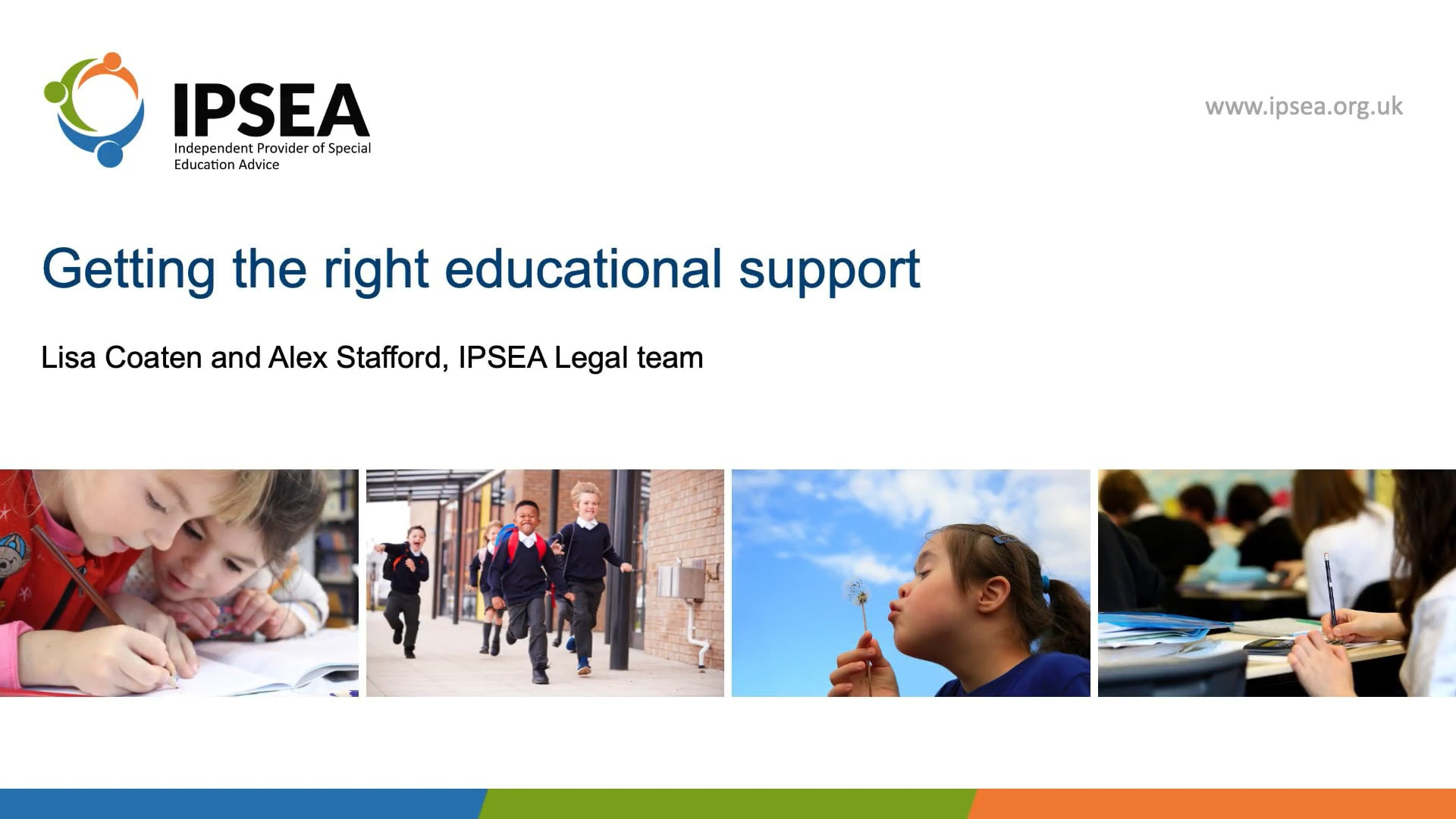Thank you to everyone who attended the MPS Matters community weekend. We have collected together a round-up of those important moments and interesting talks. Keep an eye on this page as we will continue to add to it as we get more content ready.
MPS Matters 2025: The community weekend
Highlights from the weekend
MPS Matters 2025: insights and impact
This report highlights the impact of the MPS Matters community weekend 2025 and presents the results of the various data collections carried out.

MPS Matters 2025: summary of expert meeting
The expert meeting, held on the opening day of the 2025 MPS Conference, was convened in response to ongoing concerns and challenges in key clinical areas. This is a summary of the discussions at the meeting.
Expert Meeting
The expert meeting was held on the first day of MPS Matters 2025 and chaired by our trustee and chair of CSAC, Dr Fiona Stewart. With a focus on improving clinical practice and patient outcomes, the agenda featured in-depth discussions on high-risk areas including airway complications, cardiac disease, orthopaedic management, and neurological involvement. Beyond these core clinical concerns, the meeting also provided a platform for dialogue on emerging topics such as research developments, innovation in care, childhood dementia, and in utero enzyme replacement therapy (ERT).
Rare registry
Finding participants for research into ultra-rare conditions can be challenging. That’s why our sister organisation Rare Disease Research Partners launched a new registry for individuals living with rare conditions, as well as their caregivers at the conference. You can still sign up online here and help shape the future of rare disease care — your experience can drive real change!
Parents panel
The first expert-led session of the conference was opened by a panel of parents who shared what taking part in our community weekend means to them:
It feels like a big hug, like we are wrapped in a blanket.
Overwhelming is the top word, but everybody has been so welcoming. We haven’t met other families like ours and this is so nice.
This is our first conference. For us as a family, there aren’t a lot of people around who understand what we are going through.
Beginning of a rare life
A rare life: clinical updates
Our trustee Dr Fiona Stewart chaired this session where we learned about the progress of developing clinical guidelines by the Patient Professional Partnership Network, received updates on therapy, research and childhood dementia from experts including James Davison, Alex Broomfield, Simon Jones and Gail Hilton.
Update on therapy
Research update on MPS conditions
Future choices - what’s next
Alison from our Support and Advocacy Team presented this session on self-advocacy and independence where a panel of inspiring young adults shared their advice for navigating big decisions around employment and following your dreams.
Faye: “Go with what you enjoy doing.”
Archie: “Don’t be afraid to go and create your own job, I did!”
Aryanna: “Networking is my big tip. Allow others to get to know the person behind the disability.”
Tyler: “You only live once. Do want you want to do.”
Dragon’s Den
We heard the pitches of five fantastic research projects in a Dragon's-Den style session where our community voted for their favourite. The winner was awarded a £5,000 grant and all other projects received £500 towards their vital research.
WINNER: Arya Ajayakumar
We are aiming to improve early detection of MPS.
This project aims to improve early detection of MPS. We propose using Time-of-Flight Secondary Ion Mass Spectrometry (ToF-SIMS), a label-free imaging technique, to sensitively detect disease-specific molecular features directly from unprocessed urine. Our preliminary findings show distinct molecular signatures in urine samples of patients with different MPS types, supporting the diagnostic potential of the technique.
This method could be developed into a high-throughput assay and therefore, positions ToF-SIMS as a promising platform for integration into newborn screening programs, offering painless, earlier diagnosis, treatment monitoring, and improved outcomes for affected children.
Project 2: Dr Emily Miedzybrodzka
We are aiming to establish a Scottish Lysosomal Storage Disorders (LSD) Biobank.
This research tissue bank will provide researchers from any approved institution with access to fully-consented human tissue samples from people with LSDs. This will support research into the pathophysiology and treatment of these diseases, including the identification and validation of disease biomarkers.
Project 3: Dr Eamon McCarron
We are investigating hearing loss in adults with MPS.
Hearing loss is a common but under-recognised complication of MPS, often beginning in childhood and worsening with age. It is rarely included in clinical trials or long-term care plans, especially for adults. This study will investigate hearing loss in adults with MPS, how it is currently managed and assess potential genetic influences on its severity.
The overall aim is to develop evidence-based, personalised hearing care pathways to support earlier diagnosis, reduce unnecessary appointments and improve long-term outcomes.
Project 4: Saniya Mediratta
We aim to propose standardised protocols for spine intervention in patients with MPS.
People with MPS can develop serious spine problems that may need surgery, but existing literature lacks standardised guidelines for how to manage this. In a joint multi-disciplinary endeavour between the complex spine surgery team and the metabolic unit at the National Hospital for Neurology for Neurosurgery, we aim to identify these gaps through a structured review of over 10 years of follow-up for MPS patients as they transition between paediatric care at Great Ormond Street Hospital to adult services NHNN, in order to propose standardized protocols for spine intervention in patients with MPS.
With this, we hope to improve the spine pathway and guide safer and more effective spinal care for individuals with MPS.
Project 5: Liz Morris
Our goal is to create an animated video to explain the process of transition.
This project aims to create an engaging animated video for 12–16-year-olds that explains the transition process. The final video will be made easily accessible online through platforms like YouTube, the MPS Society, the LSD Collaborative and the Ready Steady Go websites. Alongside the video, a printable information sheet will be developed in multiple languages, featuring FAQs and useful resource links.
To continue the conversation, short video interviews with young people and parents will be produced as follow-up content. All resources will meet NHS and LSD working group standards and will be made freely available for public use.
Poster presentations
Congratulations to the winners of the research poster presentations. All submissions were reviewed in advance by our Clinical and Scientific Advisory Committee (CSAC) and presented on the second day of the conference.
OVERALL WINNER: Developing an iPSC-based neural gene therapy approach for MPS IIIA disease – Bei Qiu
Talking transition
In an expert-led session by Uma Ramaswami, we talked about transition and why this process is so important. You shared with us both the positive and more challenging aspects that come with it.
Preventing burnout
Burnout is what happens when we try and care for others without caring for ourselves.
Claire Garthwaite shared some useful tips to help prevent burnout and practise self-compassion:
Take a break
Say "no" to non-essential demands
Stay connected socially
Develop regular care rituals
Understanding sensory needs
Helen and Judie from the Simply Sensory Training and Support team ran an informative session on understanding sensory needs, stressing the significance of processing time and shared a clear message:
There is always a reason for behaviour and it’s up to us to unpick it.
More presentations

Childhood dementia: Global advocacy and research
Gail Hilton, Head of Programs at the Childhood Dementia Initiative in Australia, has dedicated the past six years to childhood dementia research and advocacy.

Finding my strength: An independent infusion journey
Yvette shares her personal infusion journey, from being a needle-phobic to administering infusions for her daughter Gracie when the Covid-19 pandemic struck.

IPSEA: Getting the right educational support
IPSEA help children and young people with special educational needs and disabilities (SEND) get the education they are entitled to by law in England. At MPS Matters 2025 they provided a compact overview of SEND law.
















